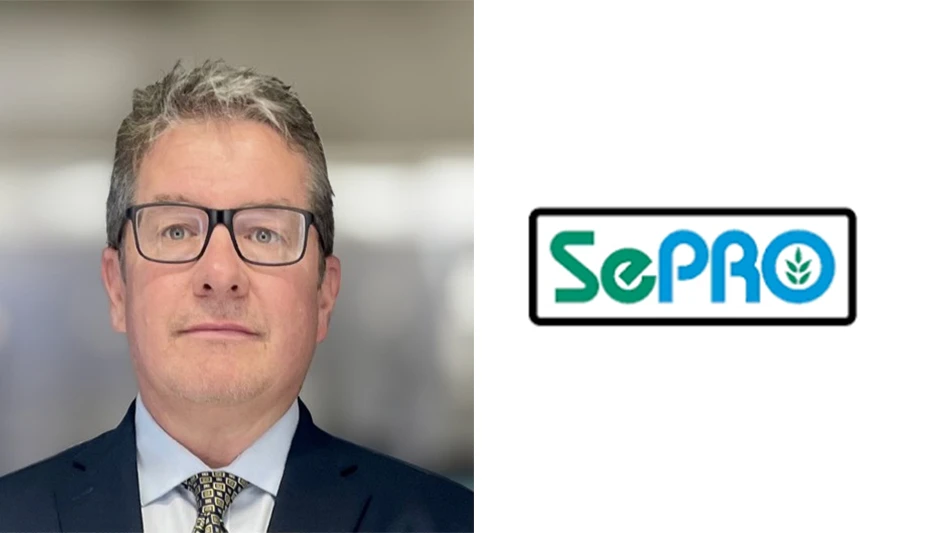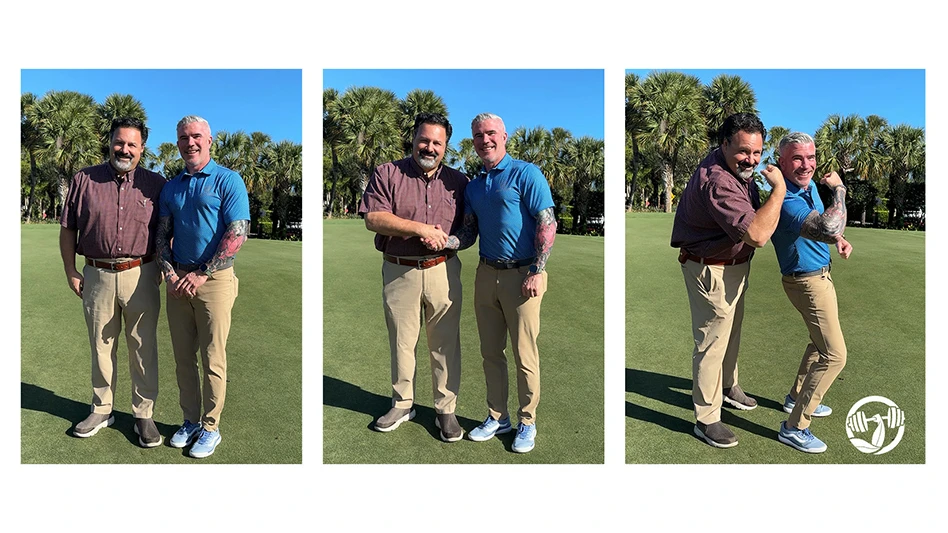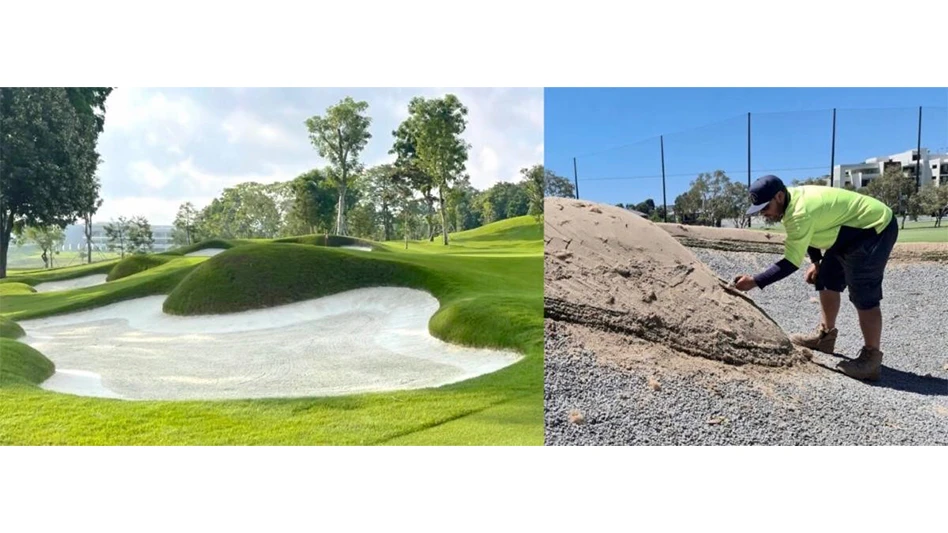
Doing the fundamental things properly is an important concept in any profession and certainly in the turf industry.
As golfers in the Northeast and Mid-Atlantic start getting their clubs out of the closet, Jim Byrne reminds superintendents who are setting up their fungicide protocols to be sure to tend to some fundamental issues.
Byrne is a former superintendent and representative for Genesis Turfgrass. Based in Lancaster, Pa., he serves the Mid-Atlantic region, where he and his customers have started 2019 the way they spent of much of last year – dealing with wet conditions “Weather-wise it’s just way too wet,” Byrne says. “It’s definitely way too wet. We need this rain to just shut off.”
Byrne is a former superintendent and representative for Genesis Turfgrass. Based in Lancaster, Pa., he serves the Mid-Atlantic region, where he and his customers have started 2019 the way they spent of much of last year – dealing with wet conditions “Weather-wise it’s just way too wet,” Byrne says. “It’s definitely way too wet. We need this rain to just shut off.”
Byrne points out that superintendents have been dealing with cool, wet weather for the better part of a year. “It took a while to get into summer last year,” he says. “It stayed a little cooler. Then we went into that wet period and really just haven’t gotten out of this wet period. We had over 70 inches of rain last year and we’re probably 3 to 4 inches above normal right now (for 2019).”
When it comes to establishing a fungicide program, Byrne advises superintendents to utilize proven chemistries as their staples. “Your chlorothalonils, your Daconils, they’re your staples,” he says. “You mix that in with all your tank sprays; they’re staples. Syngenta has come out with some really great new products that are mixed with chlorothalonil. Their Secure products, their fantastic. Their Action products are fantastic.”
Byrne notes that UPL also offers a line of chlorothalonil fungicides, adding UPL has been an innovator in the field by being an actual manufacturer of chemistries and also by blending products in an effort to ward off resistance issues. “They’re a pretty innovative company,” he says. “They seem to be always trying to come up with new things and mixing different products for resistance reasons.”
Byrne believes it’s imperative that superintendents utilize varying classes of chemistries in their fungicide programs to minimize the possibility of resistance problems.
“Some of these classes of chemistries, diseases can build up a resistance to them,” he says. “So, you only want to use a certain amount of chemical per year, so they don’t build up that. Pretty much all the Ph.D.s want you to do a rotation, then you have some that say, ‘Use the product until it doesn’t work anymore.’ I’m not a huge believer in that I think we need to keep chemistry around as long as we possibly can. You’ll get longer longevity out of the chemistry. You might get two or three weeks out of it. If you start building up resistance to it, you might get one to two weeks out of it and then it costs you more money.
“I’ve had customers already that will go out and spray an iprodione type of product. You can build up such resistance to it that it doesn’t even work anymore, so it’s useless to even spray it. It’s a very cost-effective product to use. So why do we want to continually use that every spray, every two weeks? At the end of the day, you’re not going to be able to use it.”
Byrne also lists propiconazole as a chemistry that has caused resistance issues for superintendents. “That’s probably one of the biggest chemistries out there,” he says, “(but) you can build up a resistance to and it can be rather expensive. At the end of the day, it doesn’t work if you keep using it.”
Rick Woelfel is a Philadelphia-based writer and frequent GCI contributor.
WANT MORE?
Enter your email to receive our newsletters.
Loading...
Latest from Golf Course Industry
- Kerns featured in Envu root diseases webinar
- Toro continues support of National Mayor’s Challenge for Water Conservation
- A different kind of long distance
- Golf Construction Conversations: Stephen Hope
- EnP welcomes new sales manager
- DLF opening centers in Oregon, Ontario
- Buffalo Turbine unveils battery-powered debris blower
- Beyond the Page 66: Keep looking up





